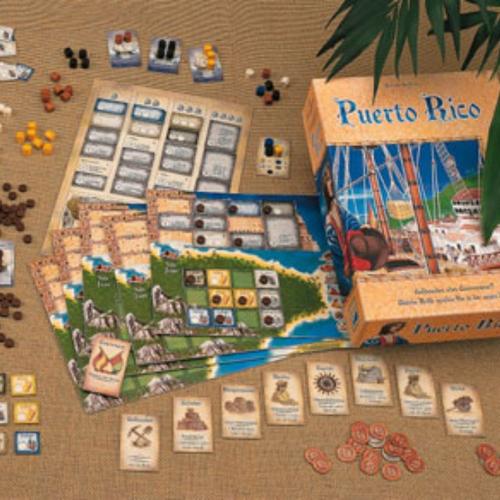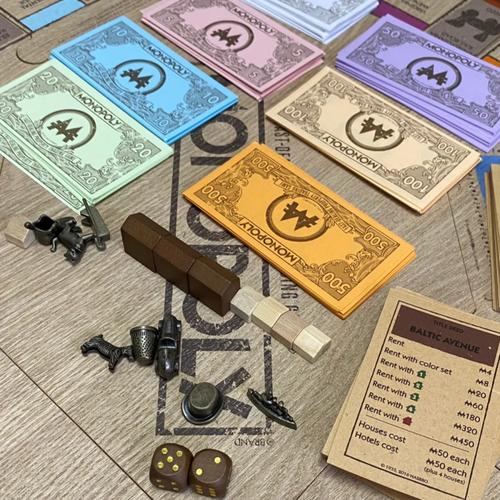Board Game Money Terms: A Comprehensive Guide
Board games have been a staple in social gatherings for centuries, offering a blend of strategy, fun, and sometimes, a bit of financial savvy. Whether you’re a seasoned gamer or a beginner looking to dive into the world of board games, understanding the various money terms can enhance your gaming experience. In this article, we’ll delve into the different money-related terms you might encounter in board games, providing you with a comprehensive guide to help you navigate the financial aspects of these games.
Understanding the Basics
Before we dive into the specifics, it’s essential to understand the basic concepts of money in board games. Typically, money in board games is represented by tokens, coins, or cards, and it serves as a medium of exchange for various in-game transactions. Here’s a quick rundown of the basic money terms you should be familiar with:

| Term | Description |
|---|---|
| Token | A small, flat piece of material used to represent money in the game. |
| Coin | A round piece of metal used to represent money in the game. |
| Card | A card with a monetary value printed on it, used as a form of money in the game. |
Now that we’ve covered the basics, let’s explore some of the more specific money terms you might encounter in board games.
Common Money Terms in Board Games
1. Bankrupt
When a player’s assets (money, properties, etc.) are depleted, they are declared bankrupt. This can happen due to various reasons, such as not being able to pay off a debt or running out of money to continue playing.
2. Debt

In many board games, players can incur debt by borrowing money from the bank or other players. This debt must be repaid at a later time, often with interest.
3. Exchange Rate
In some games, you might need to exchange one type of money for another. For example, you might need to exchange coins for tokens or cards for money. The exchange rate determines how much of one type of money you’ll receive in exchange for another.
4. Interest
When you borrow money, you might be charged interest, which is an additional amount of money you’ll need to pay back on top of the original debt. The interest rate can vary depending on the game and the terms of the loan.
5. Loan
A loan is a sum of money borrowed from the bank or another player. In some games, loans can be used to finance various in-game actions, such as buying properties or developing your empire.
6. Paycheck
In some games, players receive a regular paycheck, which can be used to increase their wealth or pay off debts. The amount of the paycheck can vary depending on the game and the player’s role.
7. Revenue
Revenue is the income generated by a player’s actions in the game, such as collecting rent from properties or selling goods. Revenue can be used to increase a player’s wealth or pay off debts.
8. Tax
In many board games, players must pay taxes on their income or properties. The tax rate can vary depending on the game and the player’s status.
Conclusion
Understanding the various money terms in board games can help you make more informed decisions and enjoy the game to its fullest. Whether you’re playing a classic game like Monopoly or a modern strategy game like Terraforming Mars, being familiar with these terms will enhance your gaming experience. So the next time you sit down to play a board game, take a moment to familiarize yourself with the money terms, and you’ll be well on your way to becoming a board game pro!



